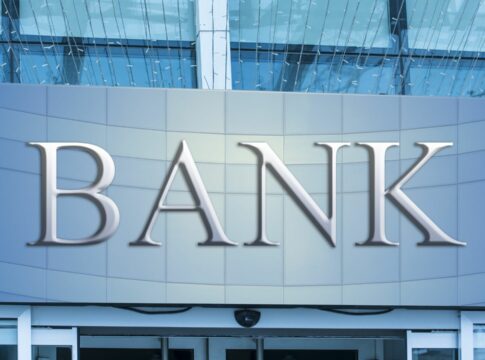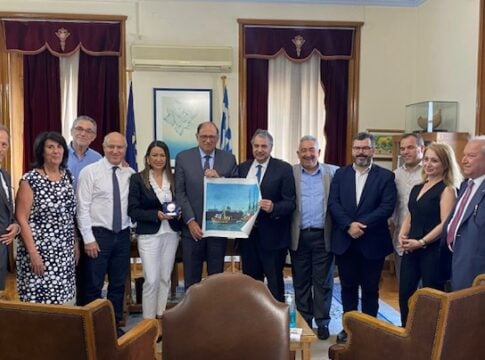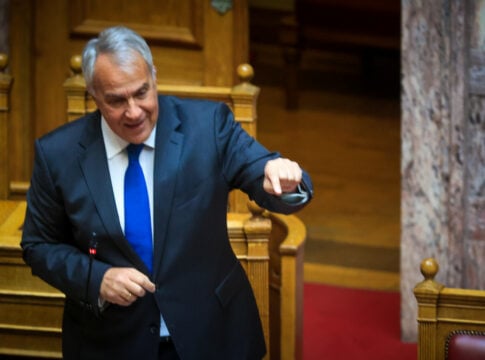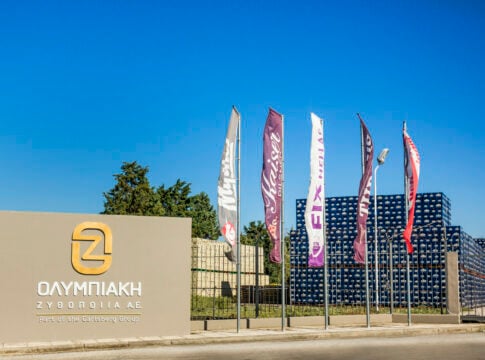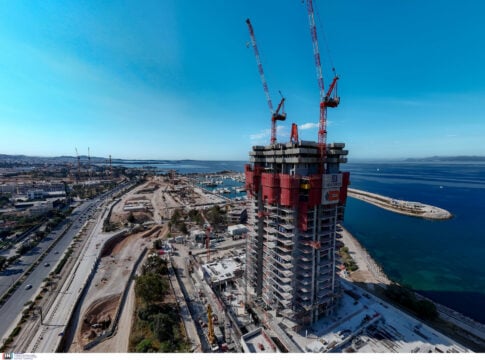The Greek ecosystem of start-up technology companies has changed radically lately, Markos Veremis, co-founder of Upstream, BigPI Venture Capital partner and chairman of the Hellenic Federation of Enterprises Committee (SEV) Innovation Committee, underlined in an interview with “Naftemporiki.”
Veremis stressed that Greece must become self-sufficient in financing start-up companies and stop depending only on foreign investors.
According to Veremis, the release of the power of human capital due to the crisis led to the creation of dynamic and extroverted new technology companies that were at the same time a positive example for the younger generation of university graduates.
“The value of start-up companies in the field of technology 5-6 years ago ranged below 500 million euros, while today their value is over 7-8 billion euros, and corresponds to a significant percentage of the GDP. In particular, the footprint of innovative technology companies in the country’s economy in a short period of about 5 years reached 1.5% of GDP and the average annual growth rate of their turnover reached 45%. In a pessimistic scenario their contribution can reach 5% of the country’s GDP, in an optimistic scenario 10%. This dynamic of the sector is a given and better companies are constantly being created,” Veremis pointed out. For example, Workable which has become the number one recruiting company in the US.
Regarding investments in startups, Veremis emphasized that the investment rally of the previous years has moderated, but this is a so-called legitimate correction. “We are in a virtuous circle and as long as the best minds on the planet focus on innovation whether it is in technology, health, climate change there will be growth and investment interest.”
In particular in the period from 2018 to 2023, the Greek startup ecosystem showed a significant flow of funding, with a notable increase in total funding from 50 million euros in 2018 to a maximum of 670 million euros in 2021. In 2022 there was a decrease in funding to 632 million euros, followed by a further reduction to 485 million euros in 2023.
According to Veremis, Greece has another competitive advantage, which are the Greeks of the diaspora.






